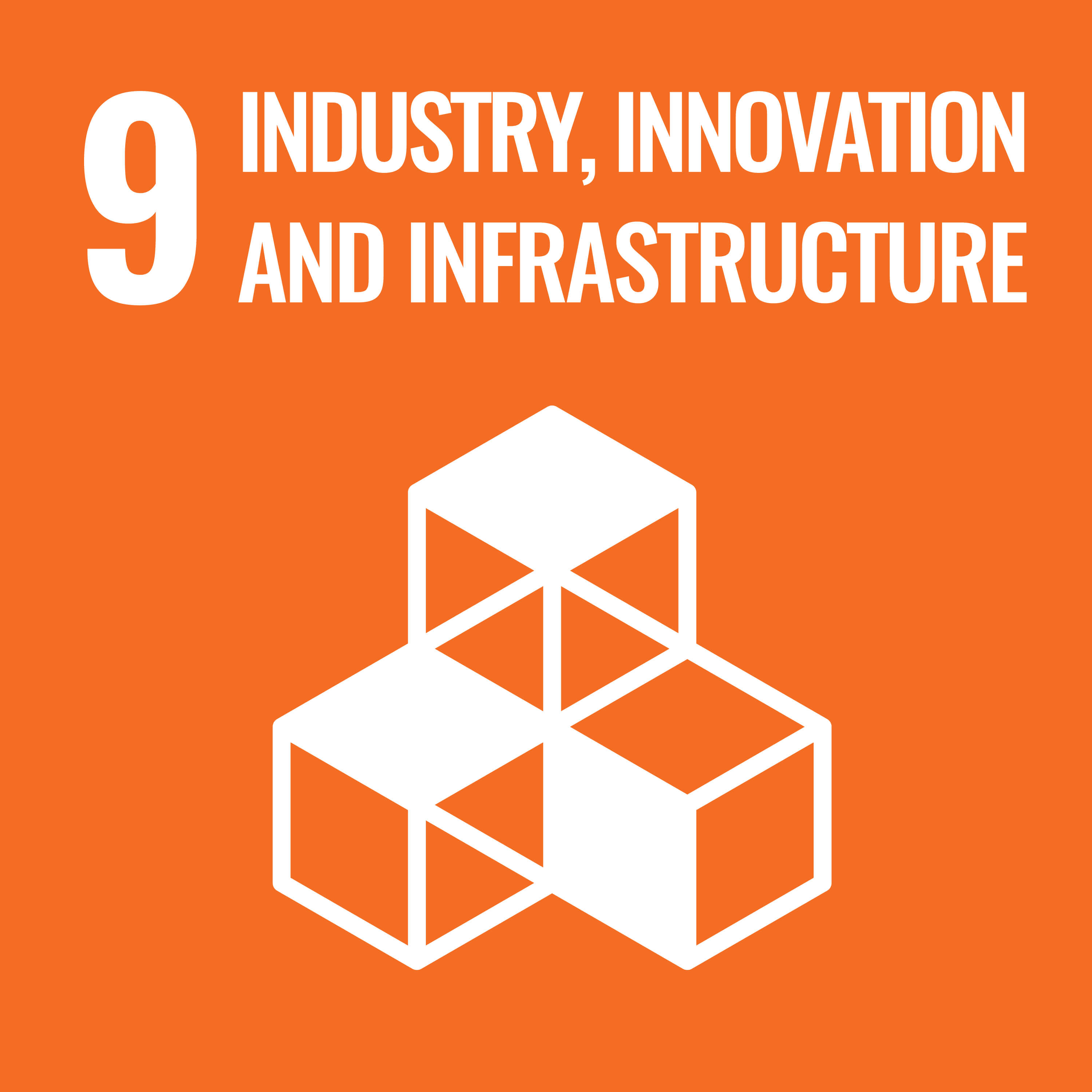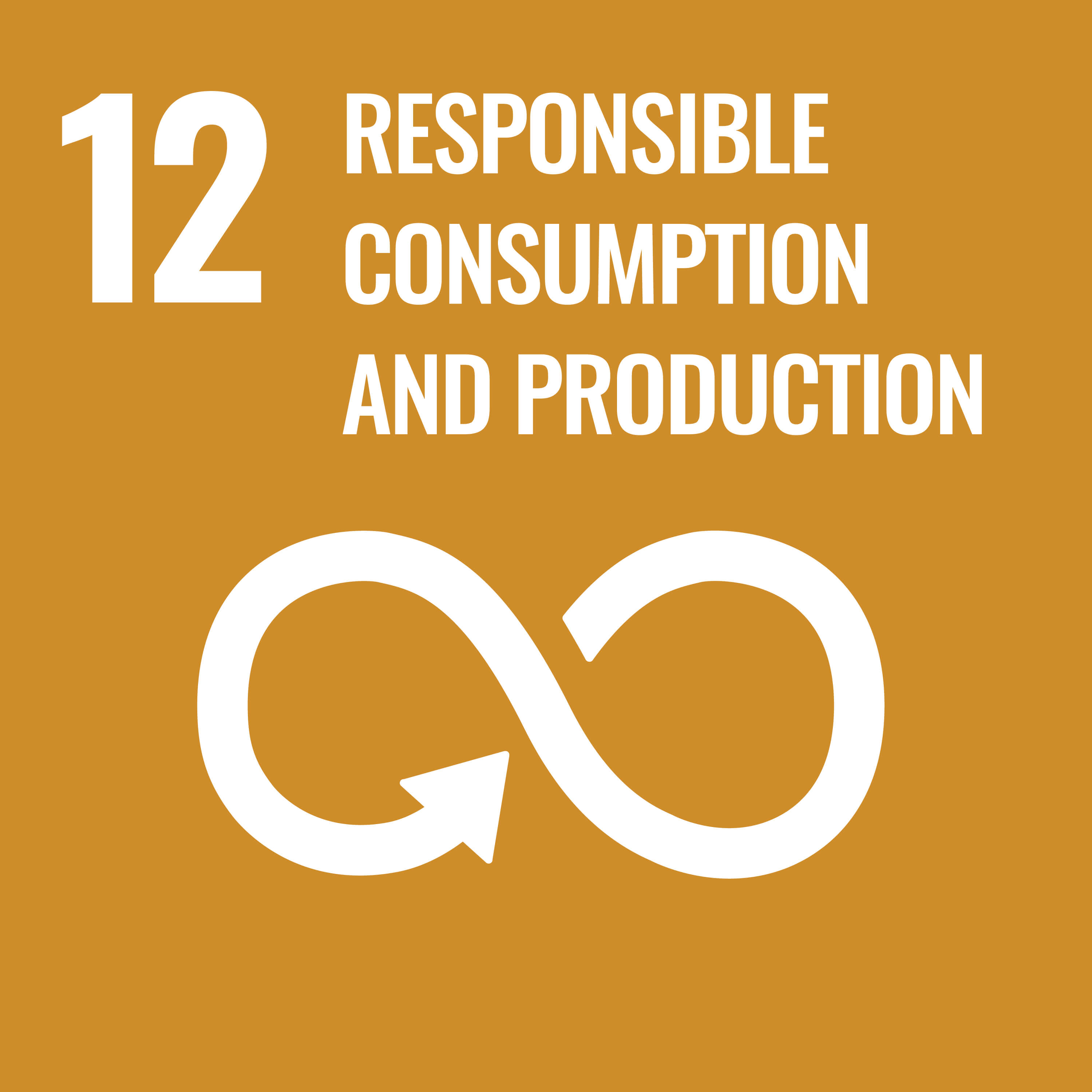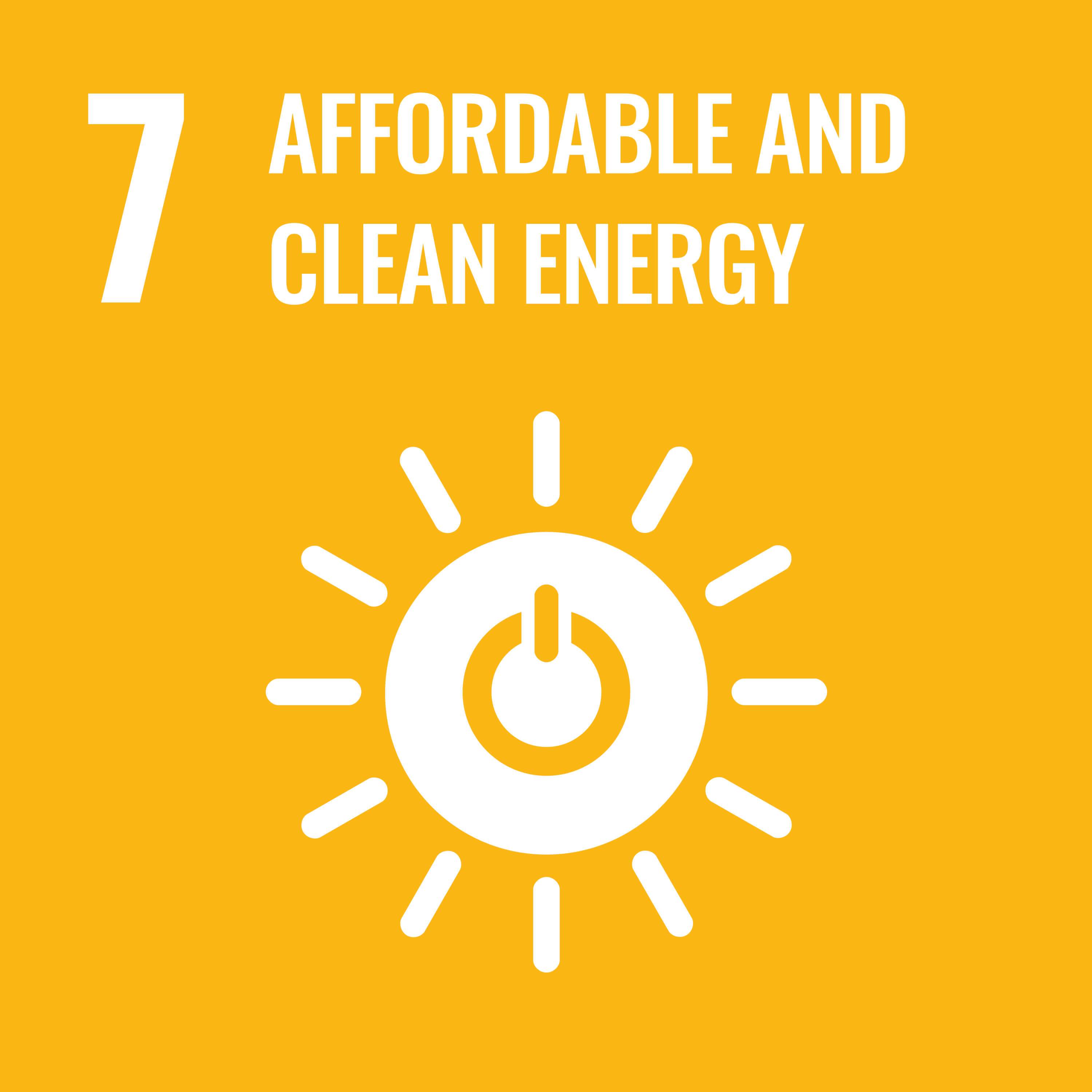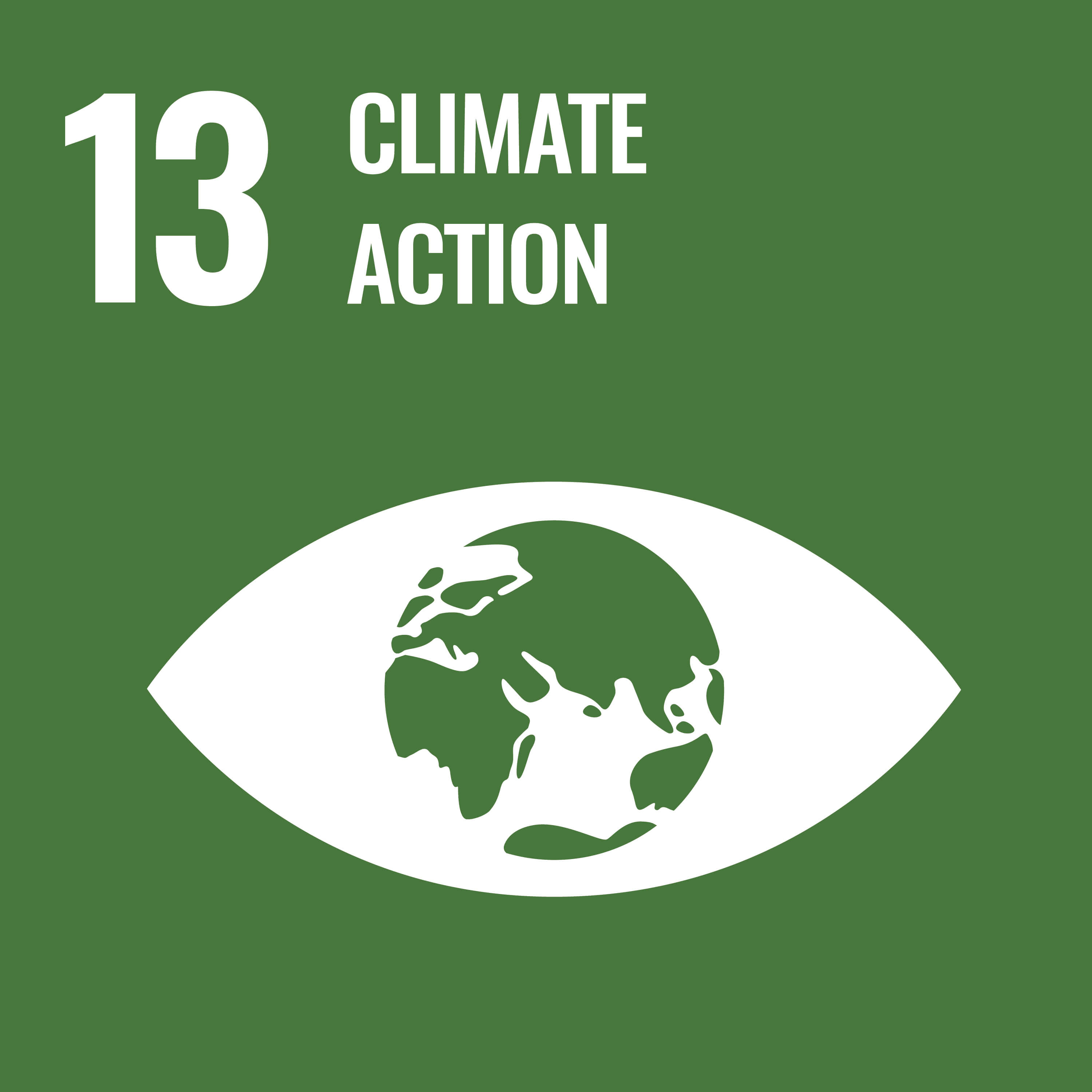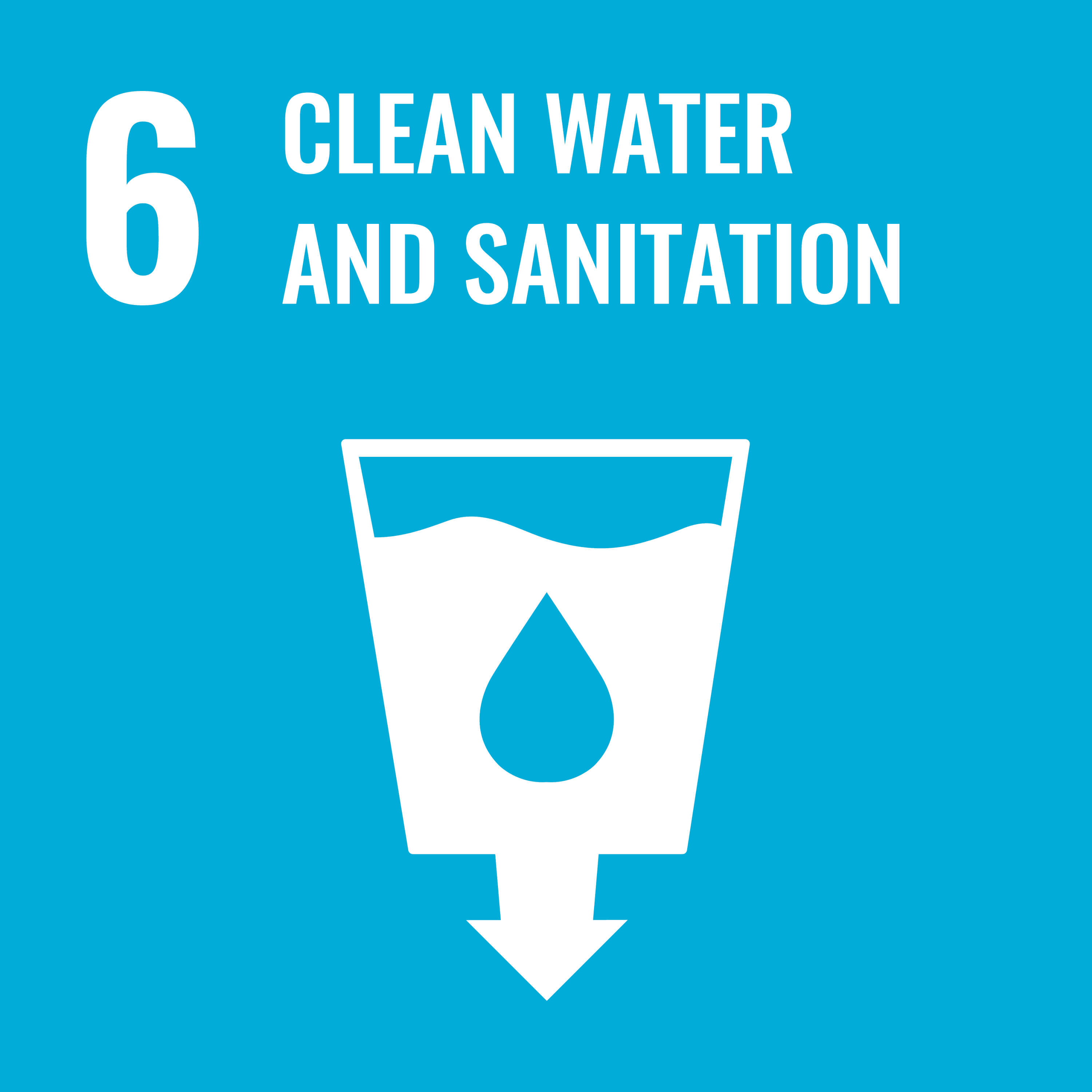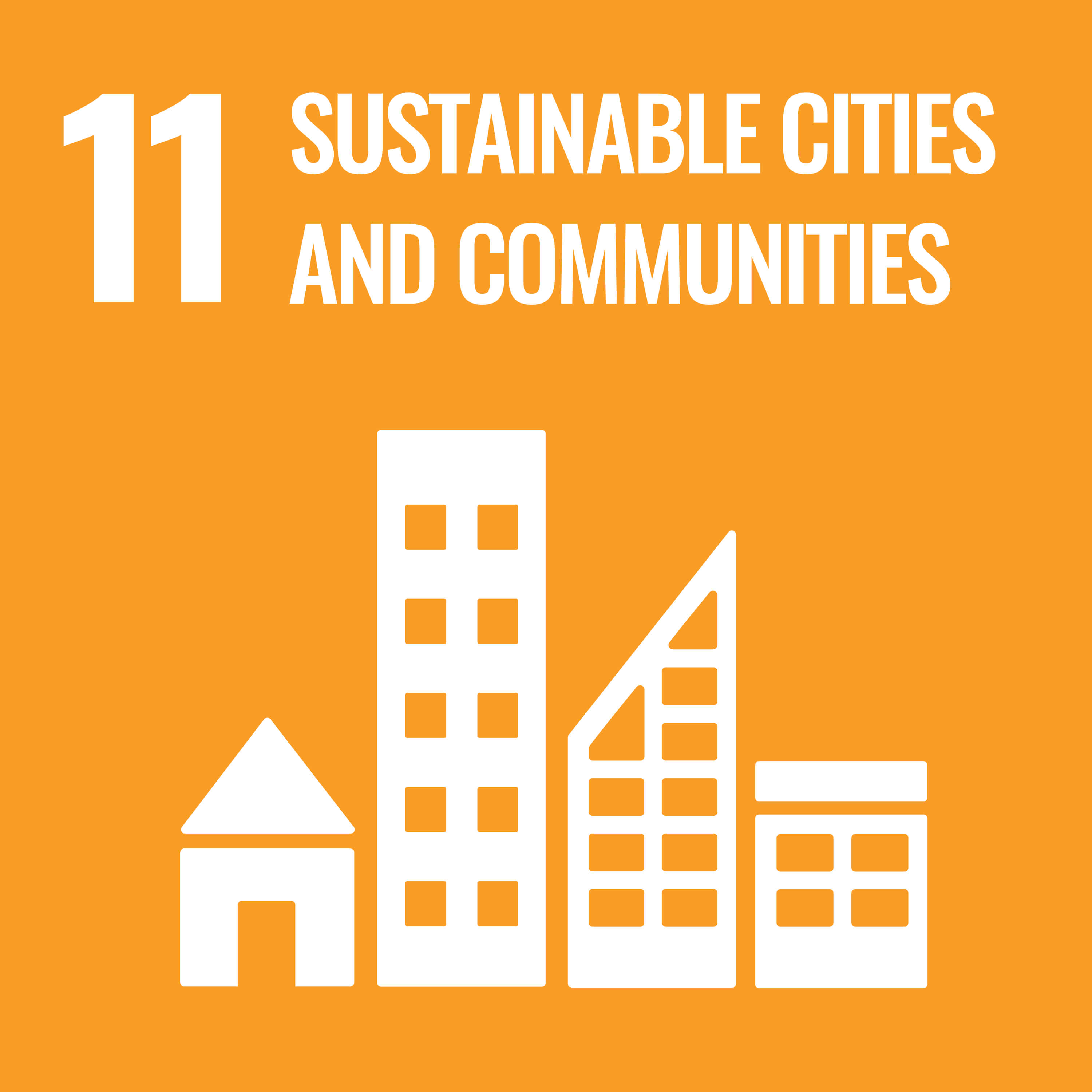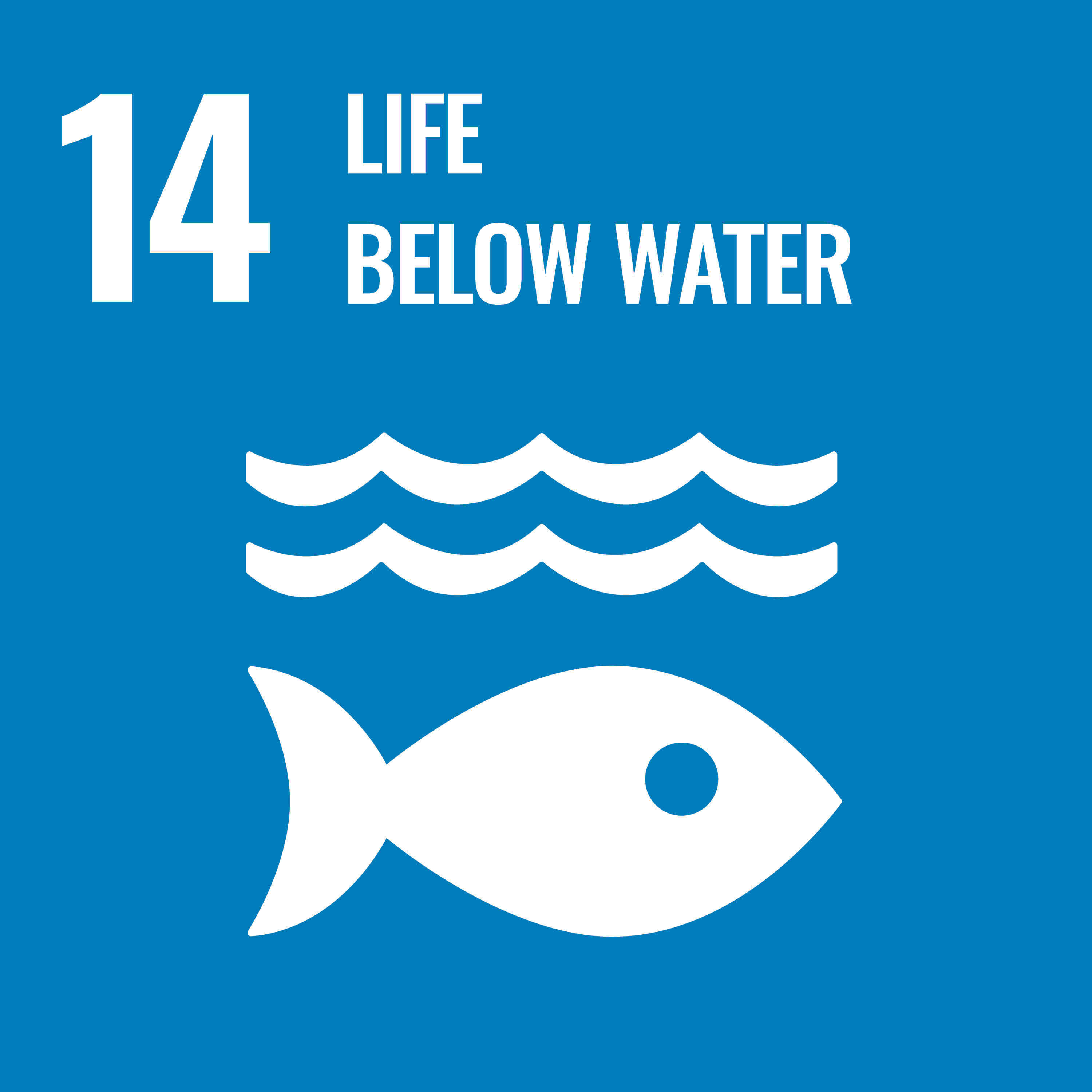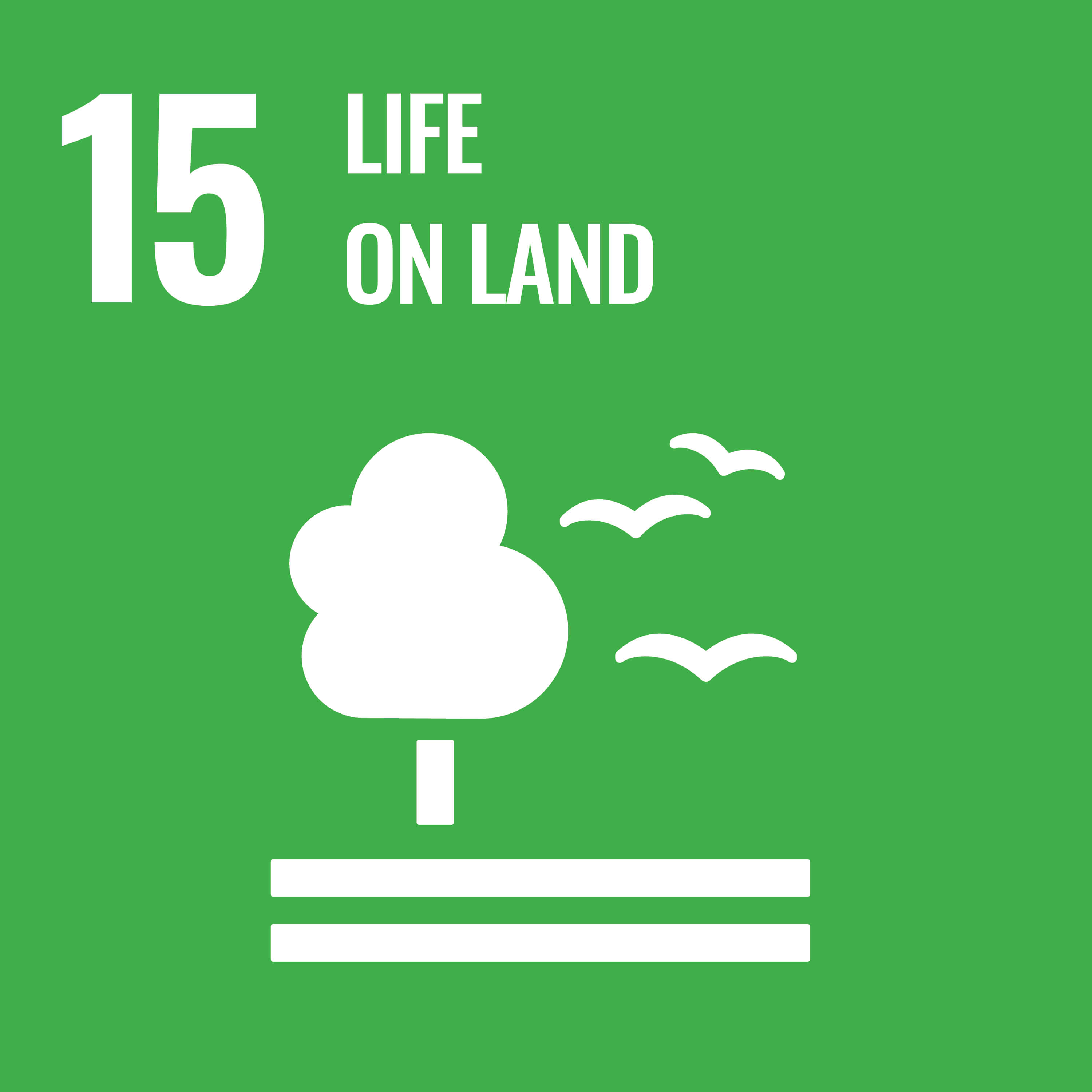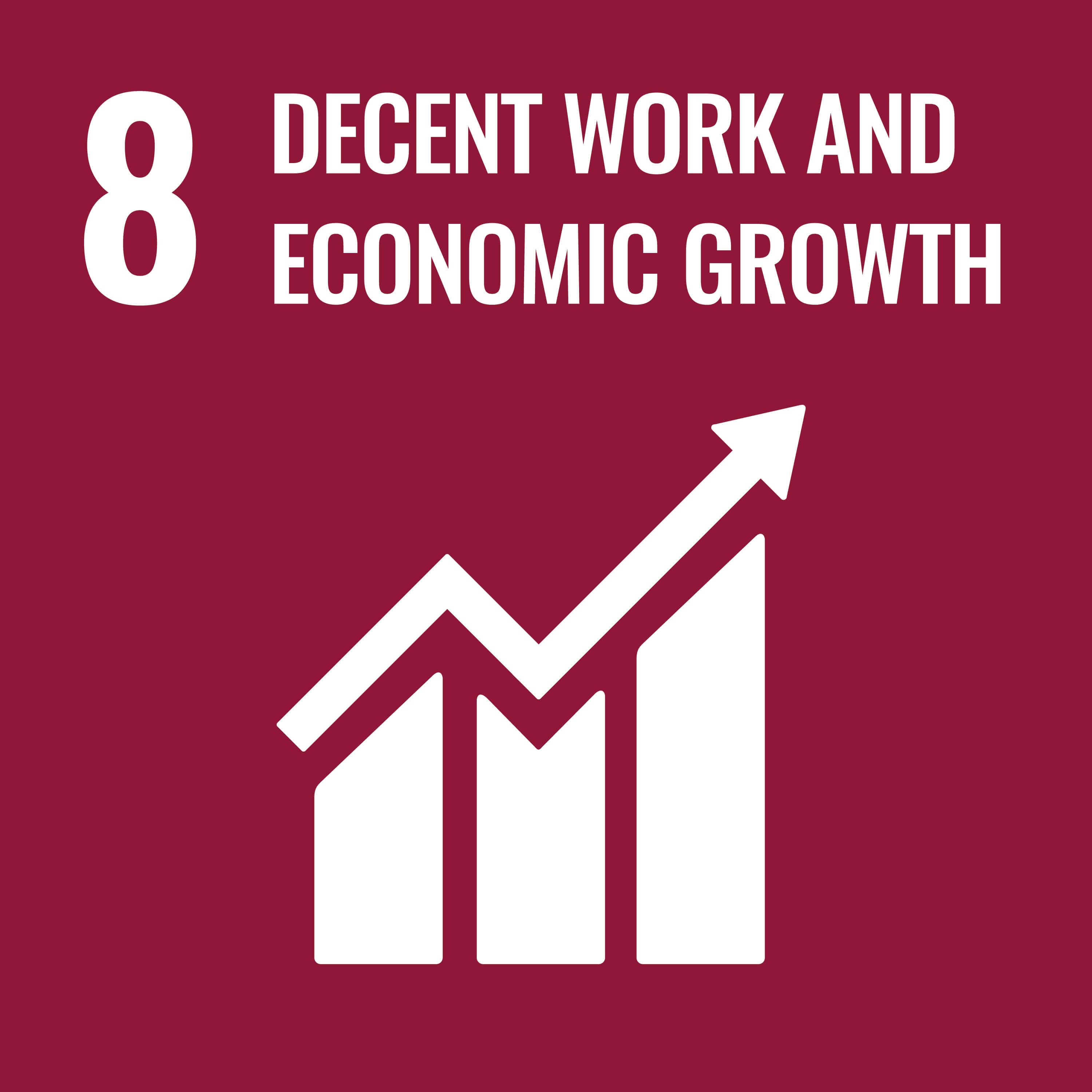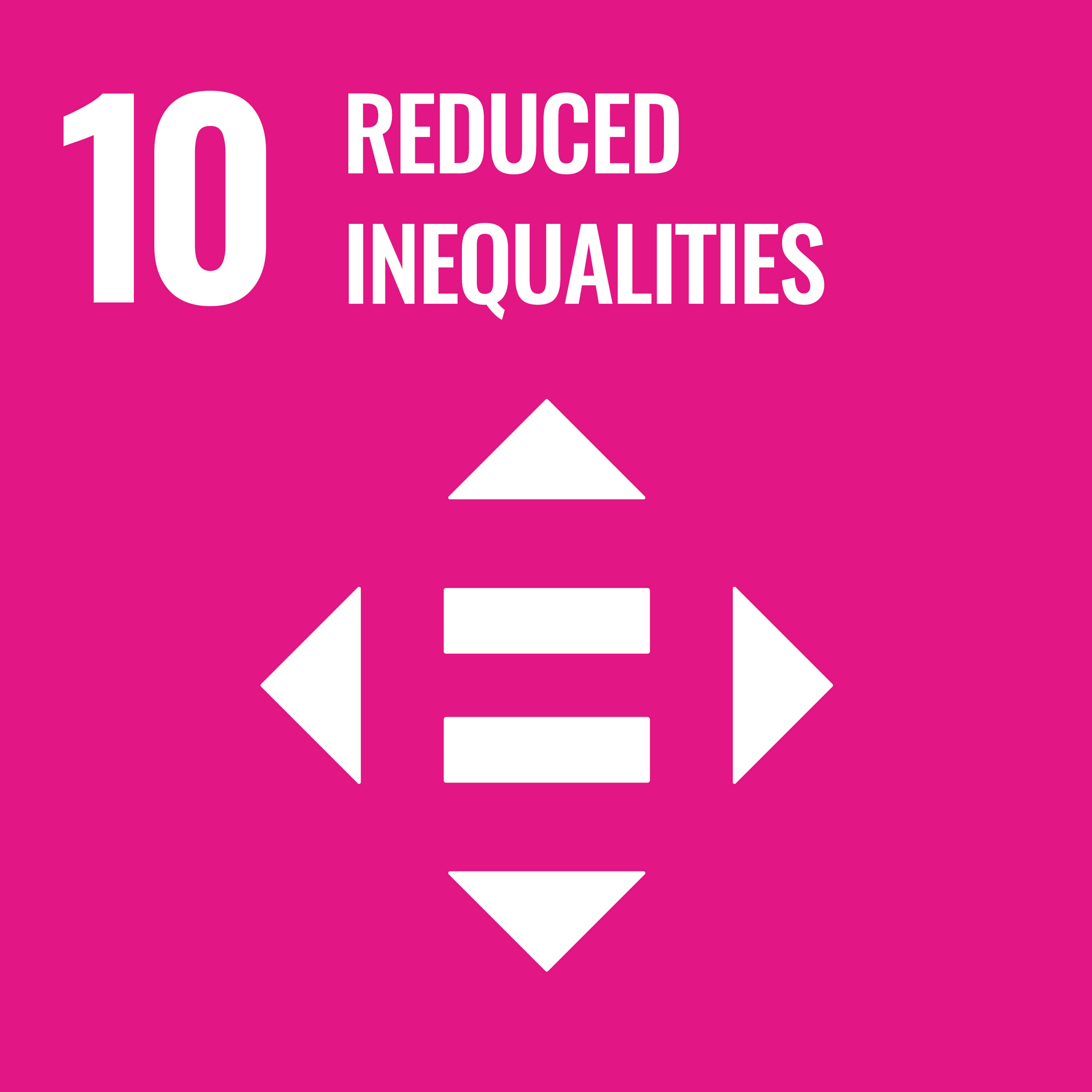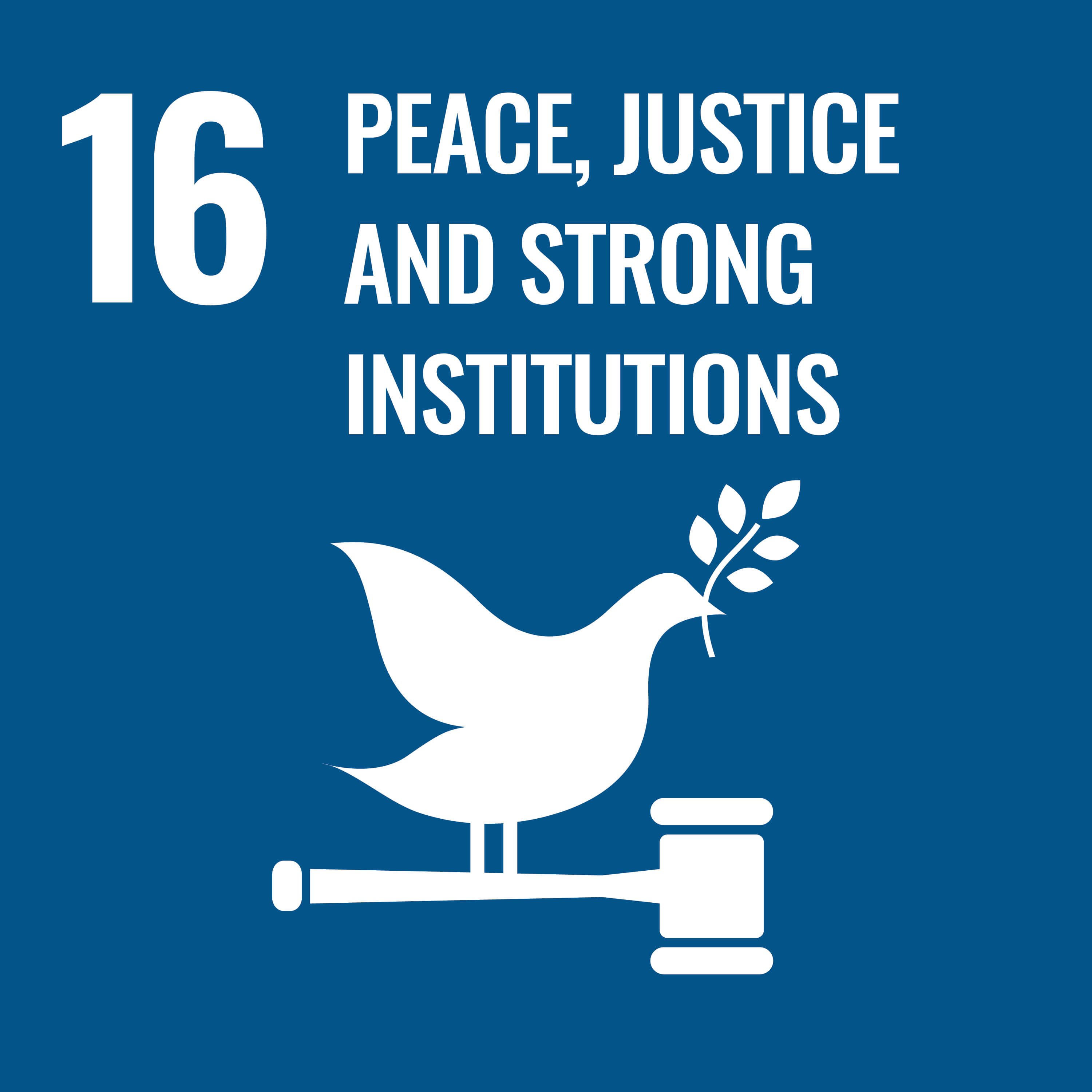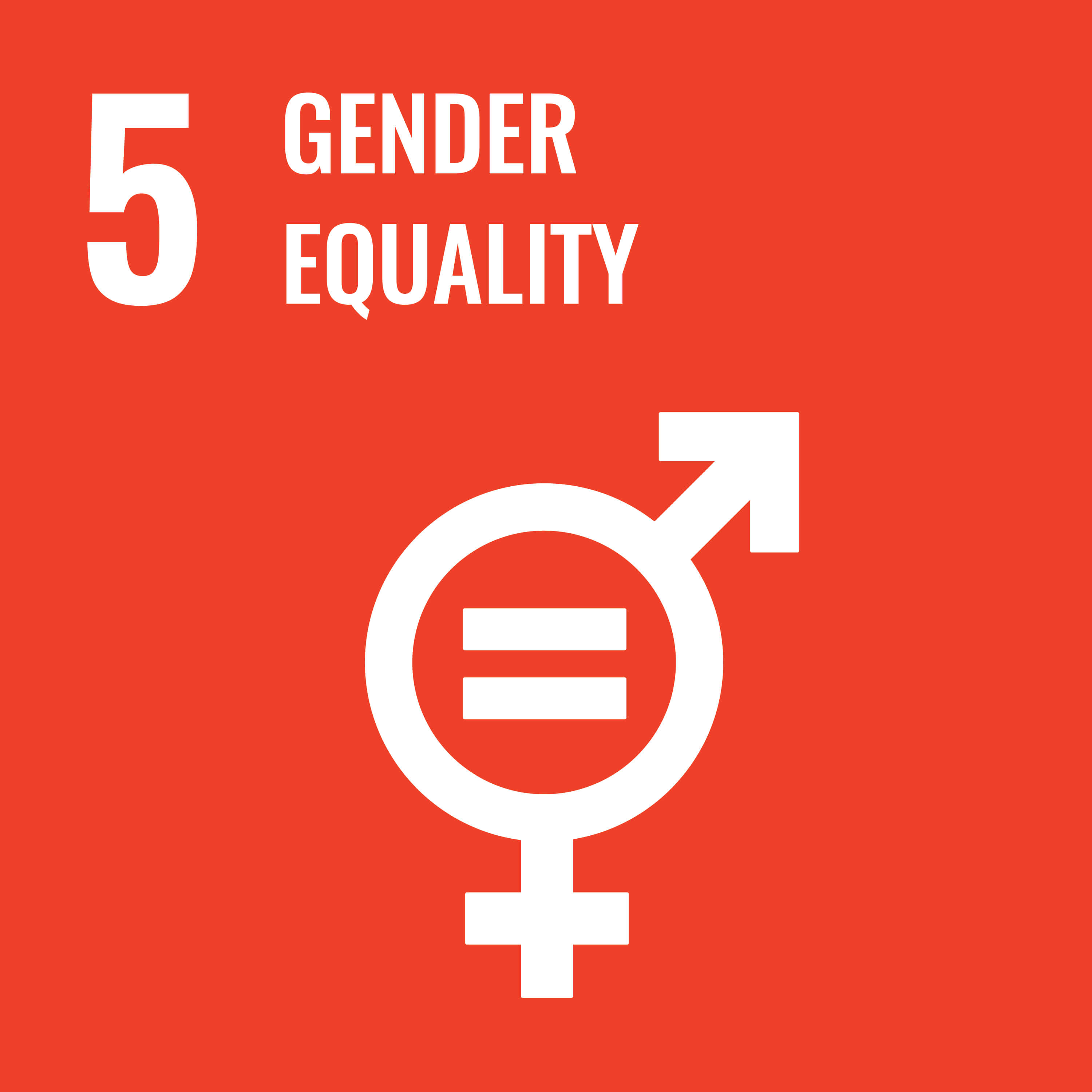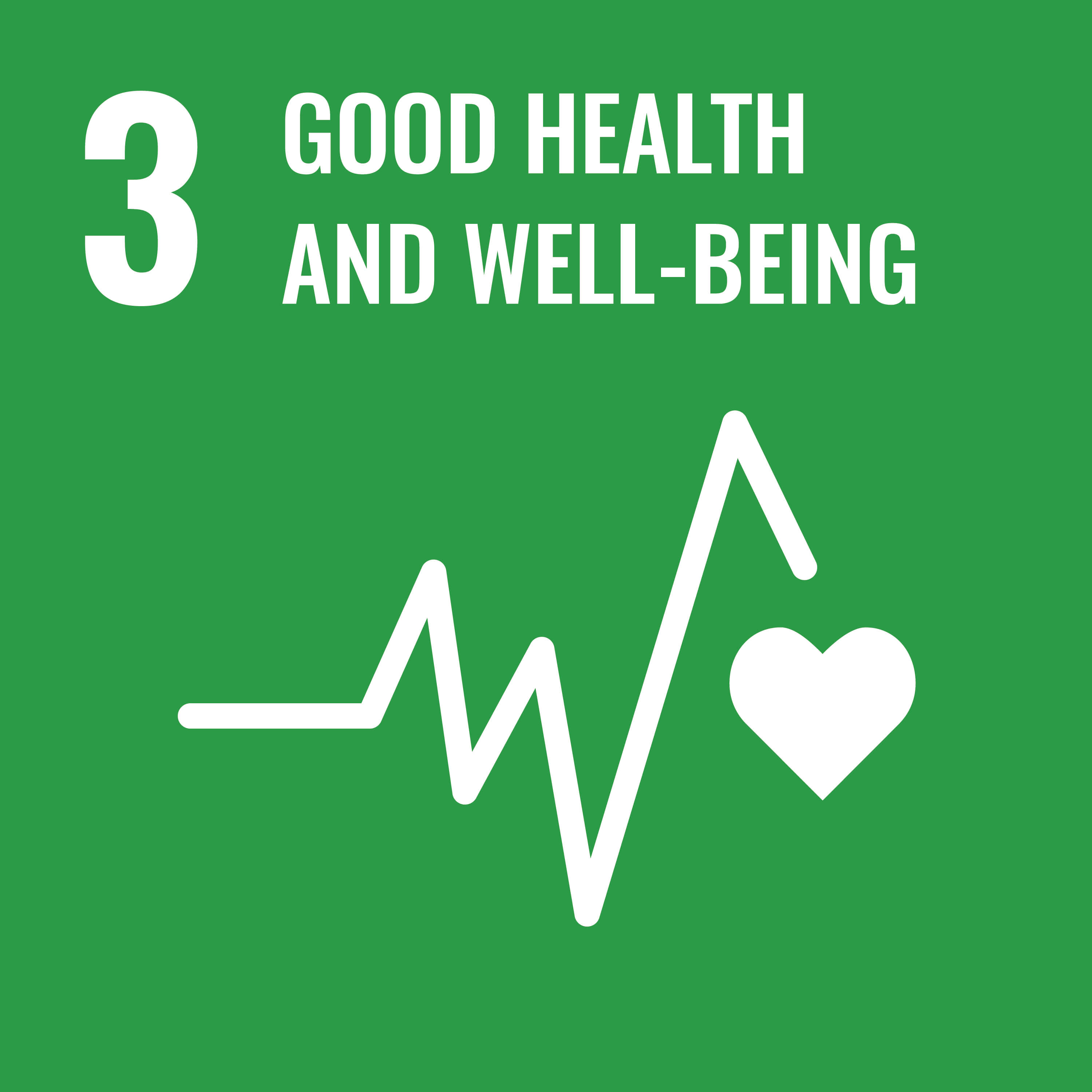Nikon's Sustainability

Basic Approach
The Nikon Group has set forth the Sustainability Policy that as our contribution to a sustainable society and the achievement of sustainable growth for the company through the realization of our corporate philosophy of Trustworthiness and Creativity in business activities. Under this policy, we established the Nikon Code of Conduct, which embodies Nikon’s basic approach to social responsibility and lays down standards for employees to follow when taking actions based on this approach.
Sustainability Policy
The Nikon Group aims to both contribute to a sustainable society and achieve sustainable growth for itself by putting into practice the Nikon philosophy of Trustworthiness and Creativity through our business activities.
- We are committed to helping solve environmental and social challenges and achieve Sustainable Development Goals (SDGs) through our business activities by delivering uniquely Nikon products and services.
- We aim to do better for the environment and for society by objectively assessing the impact our business has on the environment and society and continually striving to make improvements.
- Through active dialog with our stakeholders, we stay abreast of changes in society. We also constantly reflect on our own activities to meet stakeholder expectations.
- We do more than what is required to comply with laws and regulations. We act with integrity and fairness and disclose information appropriately.
Sustainability Strategy
To implement our Sustainability Policy, the Nikon Group formulated a sustainability plan in conjunction with our Medium-Term Management Plan and yearly management plan. Our Medium-Term Management Plan (FY2022-FY2025) places sustainability strategy as a foundation of our business and provides a basic policy defining sustainability strategy as an integral part of our business strategy.
Based on our philosophy of Trustworthiness and Creativity, our sustainability strategy identifies Nikon Group materiality from the perspectives of what we must do to earn the trust of our stakeholders and society and what we must do to create social value through our businesses. In addition, we defined strategies, indicators, and targets for each materiality to accomplish in order to achieve Vision 2030 as presented in the Medium-Term Management Plan.
The Nikon Group manages the progress of these initiatives through the Sustainability Committee, chaired by the president. We pursue these initiatives through a cycle of assessments and improvements to contribute to a sustainable society and achieve sustainable growth, as stated in our Sustainability Policy.
Visions/Strategies for Each Materiality
 Business Activity
Business Activity
1. Creating Social Value Through Core Technologies
- Vision
- A Key Technology Solutions Company in a Global Society where Humans and Machines Co-Create Seamlessly
- Strategy
- Expansion of growth drivers, services and components
- Indicators: Targets
(Target Fiscal Year) -
- Growth drivers as a percentage of consolidated operating profit: 40% or more (FY2030)
- Services and components as a percentage of consolidated operating profit: 50% or more (FY2030)
2. Ensuring Trustworthiness by Maintaining and Increasing Quality
- Vision
- Providing competitive products and services with safe, environmentally friendly and information security
- Strategy
- Advancement and establishment of quality management
- Indicators: Targets
(Target Fiscal Year) -
- Degree of achievement of the plan to review the quality management system in response to changes in the business environment: 100% (every fiscal year)
- Quality management system operation status monitoring/Percentage of improvement plans in place: 100% (every fiscal year)
- Comprehension of basic training on quality (division, business units, Group manufacturing companies): 80% or more (FY2025)
 Environment
Environment
3. Promoting a Decarbonized Society
- Vision
- Achieving net zero throughout the value chain by fiscal year 2050
- Strategy
- GHG emission reduction in Scope 1, 2, and 3 and accelerate introduction of renewable energy
- Indicators: Targets
(Target Fiscal Year) -
- Scope 1 and 2 reduction (compared to FY2022): 57% (FY2030)
- Scope 3 reduction (compared to FY2022): 25% (FY2030)
- Achieve renewable energy adoption rate of 100%
4. Promoting Resource Circulation
- Vision
- Minimizing resource consumption and maximizing resource circulation throughout the value chain
- Strategy
-
- Reducing resource consumption and waste, etc.
- Effective use of water leading to reduced water withdrawal
- Indicators: Targets
(Target Fiscal Year) -
- Percentage of use of recycled materials for products: 5% or more (FY2030)
- Rate of reduction in total discharged waste (compared to FY2018): 10% or more (FY2030)
- Rate of freshwater consumption reduction (compared to FY2018): 5% (FY2030)
5. Preventing Pollution and Conserving Ecosystems
- Vision
- Zero negative impacts on human health or ecosystems in the value chain
- Strategy
- Appropriate use of chemical substances and reduction of ecological impact and dependence
- Indicators: Targets
(Target Fiscal Year) -
- Hazardous chemical substances in products: Containing zero (FY2030)
- Zero usage of hazardous chemical substances in manufacturing processes: Use zero (FY2030)
- Percentage of FSC-certified or recycled paper (catalogs, instruction manuals, packaging boxes): 100% (FY2030)
 Society/Labor
Society/Labor
6. Building a resilient supply chain
- Vision
- A sustainable supply chain that remains sound at all times in the face of business risks and social issues
- Strategy
- Building a mechanism for supply chain risk assessments and immediate emergency response
- Indicators: Targets
(Target Fiscal Year) -
- Percentage of due diligence conducted*1 (critical procurement partners): 100% (FY2025)
- Understanding BCP systems in the supply chain*2: 100% (FY2025)
- *1Implement until improvement is completed when a survey or audit reveals correction is necessary.
- *2The number of suppliers within the scope of the supply chain requiring the establishment of a BCP system.
7. Respecting Human Rights
- Vision
-
- Establish initiatives to respect the human rights of rights holders* in business activities
- Strategy
- Spreading awareness of human rights via the Nikon Human Rights Policy and conducting human rights due diligence
- Indicators: Targets
(Target Fiscal Year) -
- Level of awareness of Nikon Human Rights Policy: 100% (FY2030)
- Implementation rate of human rights due diligence at Nikon Group: 100%
- *A person who has human rights, referring to people whose human rights are being or may be violated.
8. Diversity, Equity & Inclusion
- Vision
- Realizing a corporate culture that welcomes diversity and harnesses it in business activities
- Strategy
- Spreading awareness of the Nikon Global Diversity, Equity & Inclusion Policy, creating an environment in which diverse human resources can participate fully, and applying DEI to business activities
- Indicators: Targets
(Target Fiscal Year) -
- Level of awareness of Nikon Global EDI Policy: 100% (FY2030)
- Percentage of women in management positions*: 8.0% or more (FY2025)
- *Scope: Nikon Corporation
9. Employees' Health and Safety
- Vision
- Allowing each individual to fulfill their potential with a sense of physical and mental health in a safe and comfortable working environment
- Strategy
- Raising awareness of the Nikon Group Health and Safety Policy and implementing health and safety activities
- Indicators: Targets
(Target Fiscal Year) -
- Average rate of health issues discovered with regular medical checkups (Nikon Group in Japan): Below the previous national average*1 (every fiscal year)
- Annual number of occupational accidents attributable to work or related to the performance of work: 60 cases or less (FY2025)
- High stressed person rates in stress checks *2: Below the previous national average*3 (every fiscal year)
- *1National average for the manufacturing industry as published by the Ministry of Health, Labor and Welfare.
- *2Scope: Nikon Corporation
- *3National average as published by stress check contractors.
 Governance
Governance
10. Thorough compliance
- Vision
- Zero compliance violations
- Strategy
- Spreading awareness of the Nikon Code of Conduct
- Indicators: Targets
(Target Fiscal Year) -
- Establishment of compliance awareness*: 95% or more (FY2025)
- Awareness level of whistleblower system*: 95% or more (FY2025)
- *Checked by Nikon Group awareness surveys
11. Strengthening corporate governance
- Vision
- Governance that is transparent, efficient, and trusted by stakeholders
- Strategy
- Continuously conducting effectiveness evaluations of the Board of Directors and improving its diversity
- Indicators: Targets
(Target Fiscal Year) -
- Assessing Board effectiveness and addressing key issues: 100% (every fiscal year)
- Diversity of the Board of Directors: Optimizing the composition of the Board of Directors to meet stakeholder demands (every fiscal year)
12. Strengthening risk management
- Vision
- Appropriate measures in place to address key risks
- Strategy
- Establishing a company-wide risk management system in line with environmental changes and management strategies
- Indicators: Targets
(Target Fiscal Year) -
- Progress in identifying important risks and implementing measures based on risk assessments: 100% (every fiscal year)
- *Indicator/goal scope: Nikon Group (Nikon Corporation and consolidated subsidiaries), unless noted otherwise.
Governance
The Nikon Group established the Sustainability Committee, chaired by the president, to implement the Sustainability Policy throughout the Group and to advance our sustainability strategy consistently. The committee deliberates and manages overall sustainability activities, including the review of materialities, setting related strategies and targets, managing progress, evaluating performance, and directing improvements. The committee also monitors risks and opportunities related to sustainability, with a focus on materiality.
The Board of Directors receives reports of the activities of the committee at least once a year. In turn, the Board supervises the appropriateness, effectiveness, and risks of various sustainability activities, including those related to climate change. The Environmental Subcommittee and Supply Chain Subcommittee are organized under the Sustainability Committee. We also established the Human Rights Subcommittee in April 2025 to engage with important human rights issues.
Risk Management
The Risk and Compliance Committee understands and identifies risks, including sustainability, for the Nikon Group as a whole. The committee offers instructions on how to respond to risks and manages the progress of these response measures. The Risk and Compliance Committee and Sustainability Committee hold liaison meetings regularly to share reports, identify issues and matters for both committees to address in the future, and work together in forming responses to risks as necessary.
Sustainability Report
For more information, refer to the Our Approach to Sustainability, Strategy, Governance, Risk Management and Indicators and Targets sections of the Sustainability Report.
-
Basic Approach
-
Sustainability Strategy
-
Identification of Materiality
-
Sustainability Promotion System
-
PDCA Cycle Implementation Framework
-
Participation in International Initiatives
-
Stakeholder Engagement
-
Sustainability Risk Management



